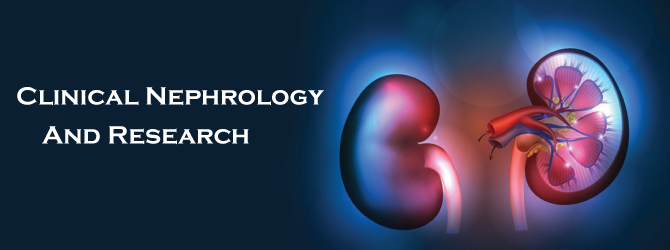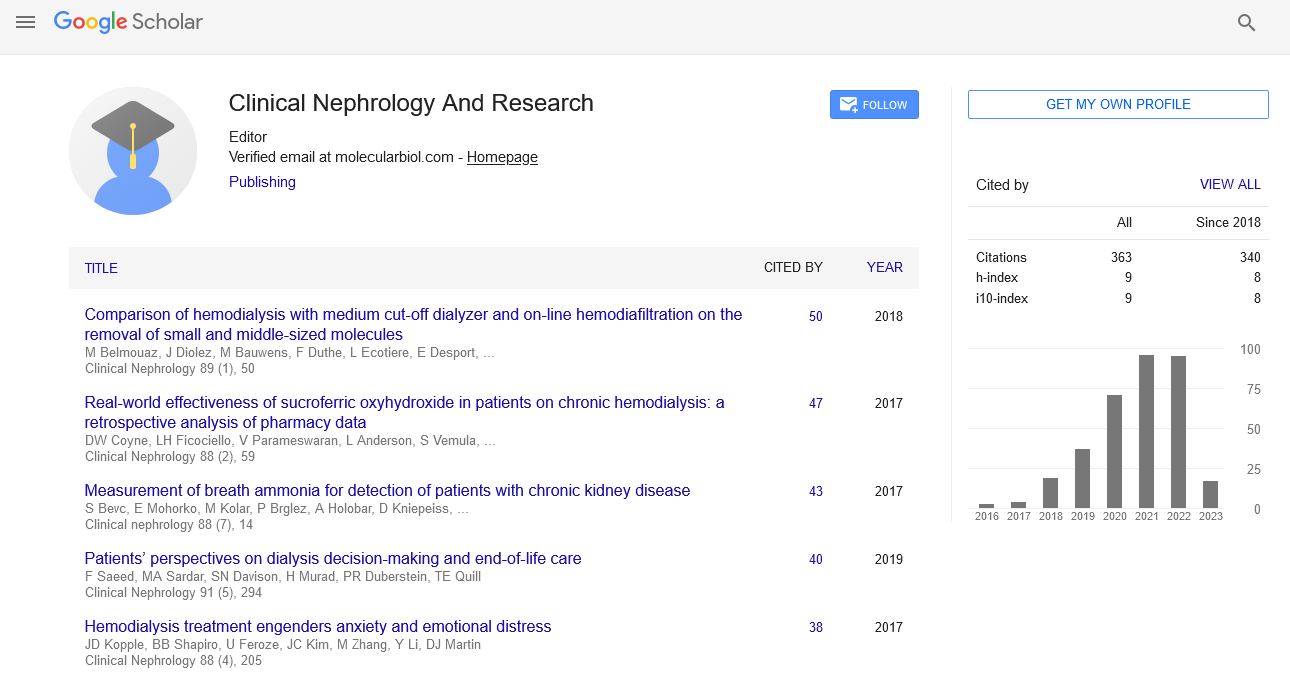
Sign up for email alert when new content gets added: Sign up
Prevention of the catheter-associated urinary tract infection (cauti)
5th International Conference on Urology and Renal Health
October 25, 2022 | Webinar
Zafar Iqbal
Urologist, UK
Posters & Accepted Abstracts: Clin Nephrol Res
Abstract :
Introduction: Catheter-Associated Urinary Tract Infections (CAUTI) is the major cause of hospital acquired Urinary Tract Infections (UTIs) and it accounts for (59%-86%). [1] Some of these patients eventually develop severe infections such as septicemia and pyelonephritis. For that reason, urinary catheters should be avoided until and unless there are clear clinical indications. These catheters ought to be removed as soon as no longer medical indications. [2] Aim: The aim of this study was to compare our clinical practice with the guidelines suggested in the ‘care bundle’ approach developed by the USA Institute of Healthcare improvement and the United Kingdom department of health in order to reduce the incidence of CAUTIs. Methods: The data was collected in June 2022 and was re audited in September 2022 after the intervention. Interventions included displaying the poster in the wards and conducting short teaching sessions in different wards to make the health care workers aware of the issue. Findings: The overall results showed an improvement in order to following the guidelines. The documentation record showing the reasons for inserting per urethral catheterisation was increased to 94% from 75% as compared to 12% improvement in documentation of types of catheter chosen. Similarly, a significant improvement is noted performing bladder scan if needed prior to inserting per urethral catheter from 6% to 89%. In addition, the data for daily monitoring of urinary catheter hygiene showed an overall improvement including maintaining daily hygiene, catheter tube properly secured, drainage bag adequately secured and changed every seven days; and to document whether urinary catheter still needed at 23%, 51%, 39% and 45% respectively. Conclusion and recommendation: CAUTI are associated with significant number of hospital admissions and preventing them is an important step minimising the hospitalisation stay which ultimately is beneficial for overall patient’s health and minimising impact on the health care budget. Teaching sessions could be arranged to familiarizing healthcare workers regarding techniques and the preventative measures based on the current guidelines.
Recent Publications:
1. Meddings, Jennifer A et al. “Effect of nonpayment for hospital-acquired, catheter-associated urinary tract infection: a statewide analysis.” Annals of internal medicine vol. 157,5 (2012): 305-12.
Biography :
Zafar Iqbal is an author of a number of publications including case reports, review articles, meta-analyses, and quality improvement projects. He is currently working in the United Kingdom and aiming for taking part in further publications based on improving the quality of care for patients. He has also presented his projects in local as well as in international conferences.




